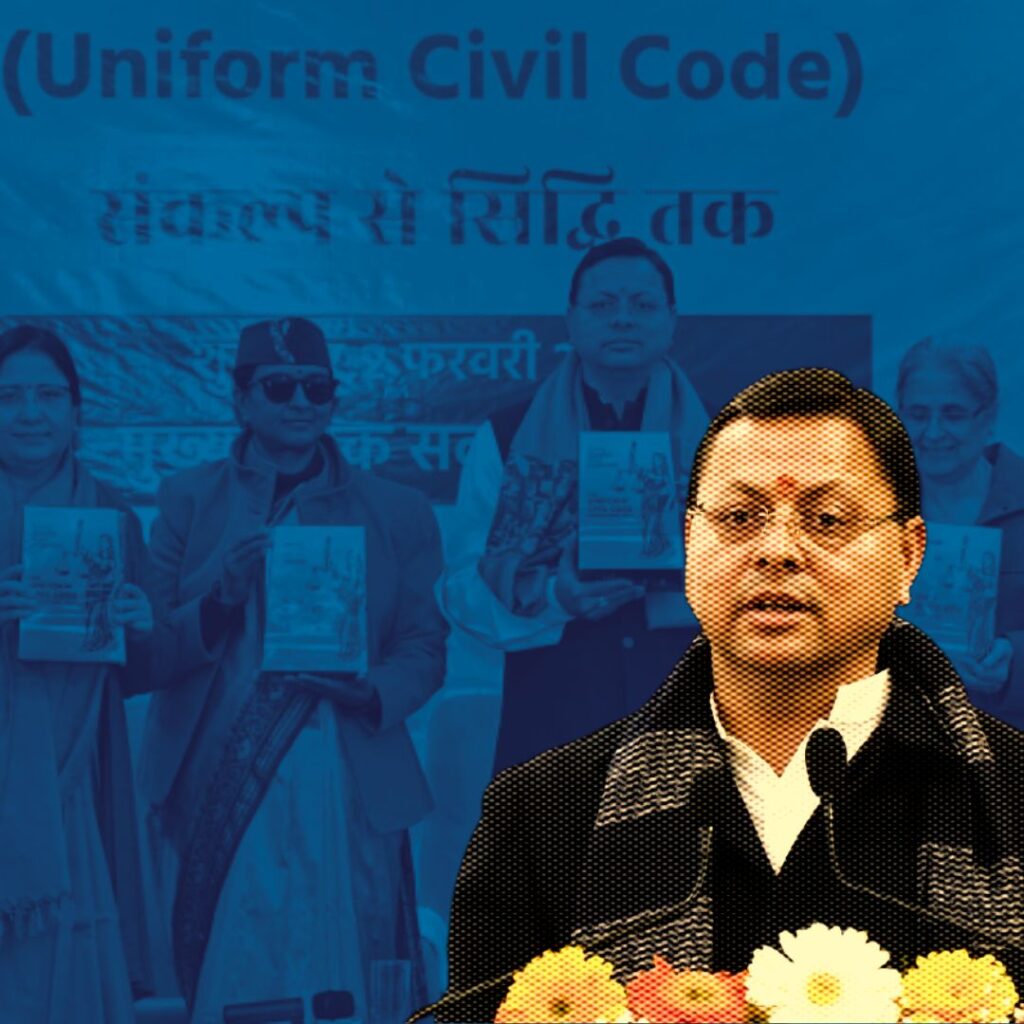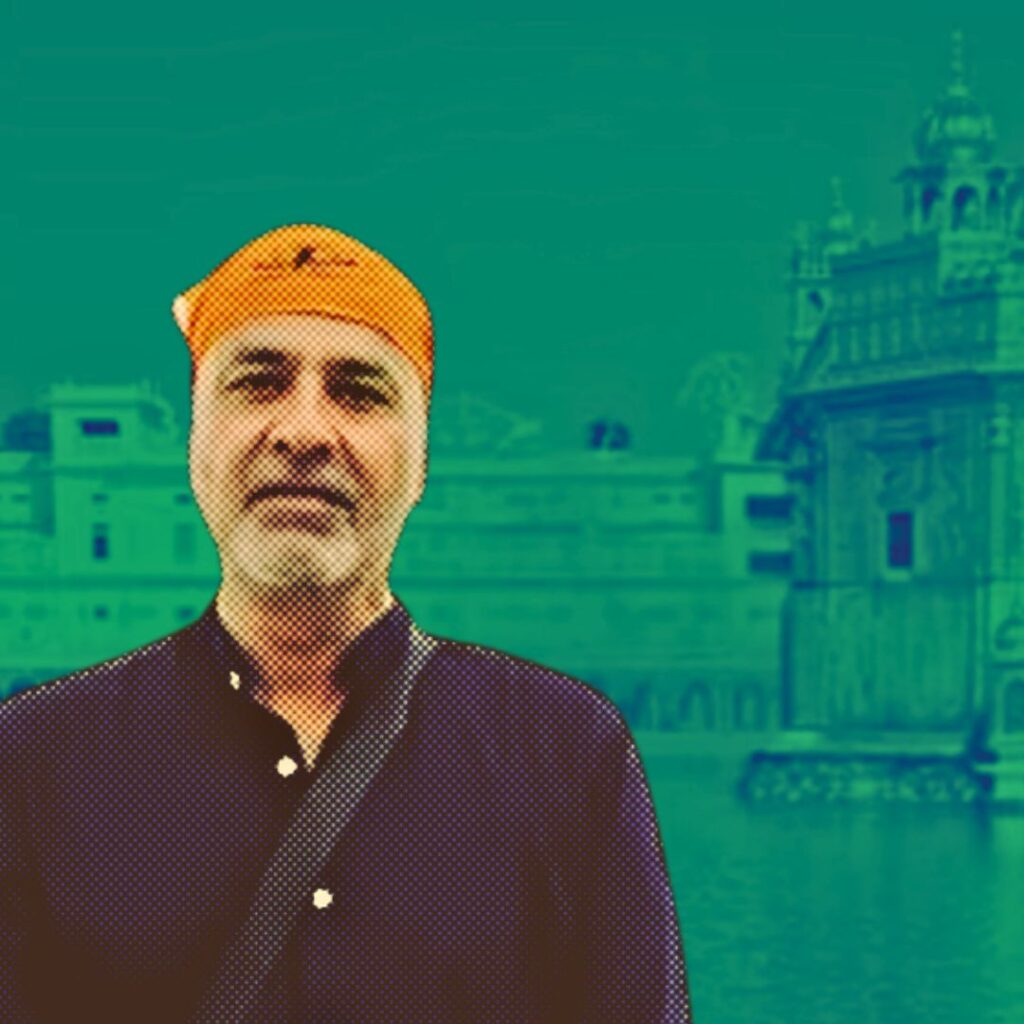On December 2, 2024, the Karnataka government, led by Chief Minister Siddaramaiah, laid the foundation stone for an international cricket stadium in Tumakuru, fulfilling a long-standing demand from the local community. The stadium will be constructed on 41 acres of land allocated to the Karnataka State Cricket Association (KSCA) at a cost of ₹150 crore and is expected to be completed within two years. This initiative is part of a broader development plan that includes projects worth ₹938 crore aimed at enhancing infrastructure and welfare in the region.
Karnataka Government Takes the Lead
In a significant move for sports development in Karnataka, Chief Minister Siddaramaiah inaugurated the foundation stone for an international cricket stadium in Tumakuru on December 2. This project, which has been a long-cherished dream for local cricket enthusiasts, will occupy 50 acres of land provided by the Karnataka Industrial Areas Development Board (KIADB). “We have allocated this land to the KSCA to construct a stadium that will not only nurture local talent but also drive economic growth in Tumakuru,” Siddaramaiah stated during the ceremony.
The stadium is projected to cost ₹150 crore and aims to be completed within two years. Home Minister G. Parameshwara highlighted its importance, saying, “This stadium fulfills a long-standing aspiration of the district and will be equipped with modern amenities to host international matches.” The event was attended by various dignitaries, including BCCI President Roger Binny and KSCA officials, further underscoring the government’s commitment to enhancing sports infrastructure.
Background: A Long-Awaited Development
The demand for an international cricket stadium in Tumakuru has been persistent for nearly six decades. Historically, while Bengaluru’s Chinnaswamy Stadium has hosted all international matches in Karnataka, Tumakuru has produced several notable cricketers who have lacked a platform to showcase their talents on home soil. The establishment of this stadium is expected to change that narrative and provide aspiring cricketers with access to world-class facilities.
In addition to the Tumakuru project, Siddaramaiah announced plans for another international cricket stadium in Mysuru, indicating a strategic move to decentralise cricketing opportunities across Karnataka. This decision aligns with recent discussions by the Board of Control for Cricket in India (BCCI) about expanding IPL matches beyond Bengaluru to include tier-2 cities like Mysuru and Hubballi-Dharwad.
Economic Impact and Community Engagement
The construction of the stadium is part of a larger initiative by the Karnataka government, which includes projects worth approximately ₹938 crore aimed at improving infrastructure and welfare across Tumakuru district. During the inauguration event, Siddaramaiah also launched various development works that will benefit over 1.5 lakh residents. These initiatives include distributing essential resources such as tractors and irrigation kits to farmers, showcasing the government’s commitment to holistic community development.
Local leaders are optimistic about the economic benefits this project will bring. With land prices in the area already increasing due to heightened interest from developers, Tumakuru is poised for significant growth as it becomes more integrated into the economic landscape of Karnataka.
The Logical Indian’s Perspective
The proactive role of the Karnataka government in establishing an international cricket stadium in Tumakuru exemplifies good governance and responsiveness to community needs. By prioritising sports infrastructure alongside broader developmental goals, the government is not only addressing long-standing demands but also fostering economic growth and job creation in the region. This initiative reflects our commitment to promoting harmony and coexistence through community engagement and development.
As we celebrate this important step forward for Tumakuru’s cricketing future, we invite our readers to consider: How can investments in sports infrastructure catalyse broader social change and empower local communities? Share your thoughts in the comments below!











